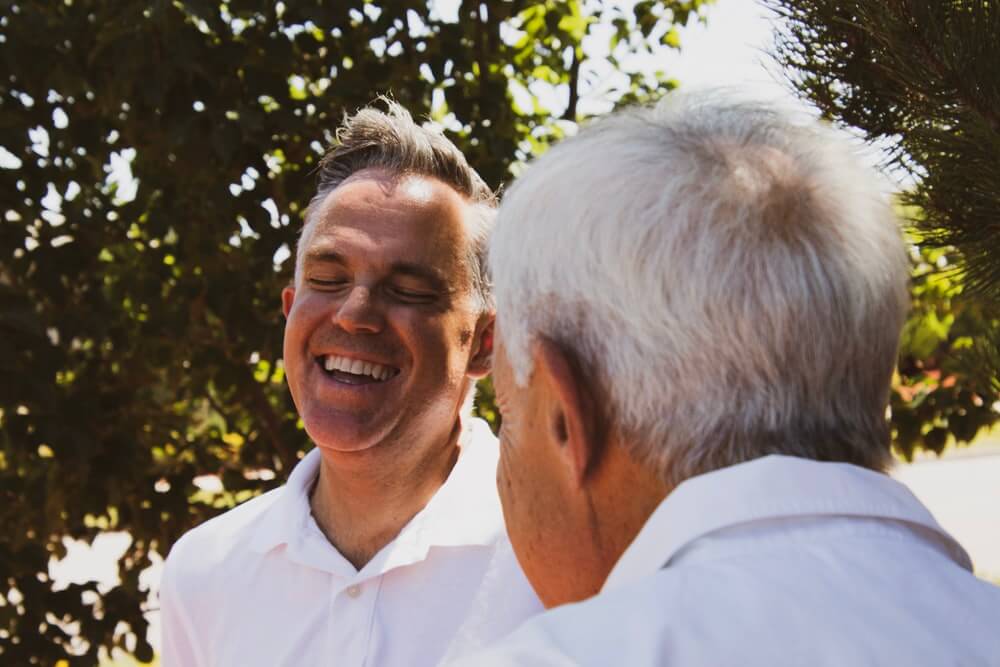
Elderly
Aging is a normal phenomenon. Everyone will have to go through that at some point. However, aging brings with it a slew of health issues. One of the health issues associated with aging is mobility decline. Seniors who have trouble moving around would need extra care to make sure they don’t fall or get hurt.
Do you have an older family member who struggles with mobility? If so, simple activities like going to the bathroom or maintaining balance might become problematic. Furthermore, disregarding such issues could worsen their mobility problems.
What Can You Do to Help an Elderly Loved One Who Has Mobility Issues?
Mobility is essential for maintaining one’s freedom. When an elderly individual begins to lose mobility, family members shouldn’t be upset. After all, anger won’t heal a disability. Rather, they must show support and care for their aging loved ones—they need it.
If you want to help your aging loved one who has mobility issues, there are things you can do to make things easier for them and reduce mobility-related hazards. The tips to be discussed below can be your guide.
Seek Aged Home Care Services
Many elderly people wish to stay in their own homes to preserve their independence and carry on with their regular activities. If this is the case with your senior loved ones, then aged home care services may provide a feasible solution.
The level of care that they need will depend on the severity of their mobility issues. For instance, those with significant loss of mobility will require a higher level of support than those with slight mobility impairment. Basic care and support services typically include cleaning, transport, shopping, and meal preparation. On the other hand, an advanced level of support will also include nursing care, personal care, and therapy services.
You may choose from aged home care packages for the one that will best meet the needs and goals of your elderly loved ones. The important thing is that with the help of a support worker, they can remain comfortable and safe in their own home.
Encourage Them To Get Checked By A Professional
Walking aids and other lifestyle changes can often help seniors regain their mobility. But some mobility issues can only be resolved with the help of a professional. Doctors can help restore your loved one’s strength and range of motion by offering the right therapies, treatments, or medicines.
Furthermore, a doctor’s evaluation will guide you on where to start. Their doctor could arrange a bone-density scan, as well as check their strength, stride, and balance. In addition, they’ll examine heart rate and blood pressure, and determine if there are underlying health problems. The outcomes of these checks would greatly contribute to the remedy of your aging loved one’s mobility issues.
Make Their Home A Hazard-Free Environment
Having a clean home is very important. If the walkways of your senior loved one’s home are constantly obstructed by trash, excessive furniture, or electrical cords, they might find it difficult to walk around by themselves. What’s worse, such obstructions pose a risk to them if they have mobility issues.

Elderly
Most accidents involving falling occur in the kitchen, the bathroom, and the stairwell. Therefore, it’s recommended to protect these areas using non-slip mats and, if feasible, higher washrooms. Remove any loose cables and carpets that might cause an accident. Ensure that the hallways, bedrooms, bathrooms, and other areas are well-illuminated.
Make Sure They Stay Active
Another way to help your aging loved one with mobility issues is to encourage them to keep moving. By staying active, they might be able to stop their mobility issue from getting worse. Try asking for suitable exercises from their physician or physical therapist, and accompany your loved one as they perform these activities. If your loved one can barely move around, they may be prescribed gentle stretches, chair activities, or short walks.
Although not all prescriptions and suggestions of physicians can guarantee full recovery, a doctor-ordered fitness program can help your loved one maintain their current level of mobility rather than decline further.
Give Them A Lift When They Need It
Your elderly loved one with mobility issues may require assistance getting into and out of beds, chairs, or bathtubs. Fortunately, understanding the correct lifting techniques to keep you and your loved one safe is simple.
If you need to lift your aging loved one, make sure your head stays in line with your spine, that you bend from the knees instead of the waist, and that you don’t twist your body.
Final Thoughts
Caring for elderly people who have trouble moving around can be hard. If you are tasked with aiding an elderly family member with mobility challenges, keep in mind the aforementioned advice. Being there for them in their time of need will make their golden years more carefree and enjoyable despite their mobility problems.






